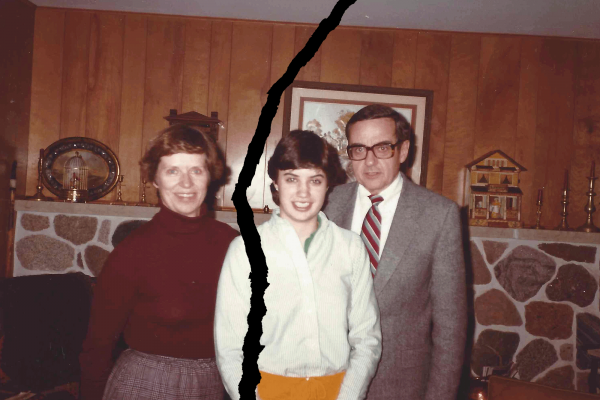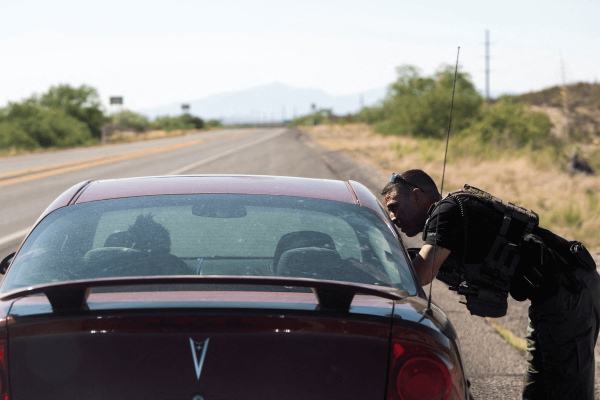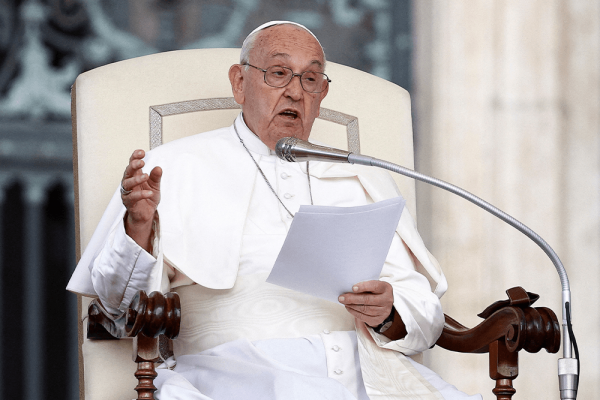Social distancing challenges everything Christians know about their identity, evangelism, and community. The Bible instructs us to assemble together and to go beyond the church walls in preaching the good news of Jesus. But as a Ph.D. student in psychology and theological bioethics, I have had to face an uncomfortable truth within the past few weeks: My faith does not have all the answers.
Divergent responses have revealed a major pitfall in our faith. COVID-19 has shown us on a large scale that we have an inadequate theology of illness.
Theology is the systematic study of God’s being and religious beliefs. By extension, a theology of illness explains how our faith in God is tied to experiences with health and sickness. Scholars of Christian theology and social ethics have helped to explain these connections. French Orthodox researcher Jean-Claude Larchet described illness as first emerging because of “original sin.” Because Adam ate of the forbidden fruit, sin scarred humanity’s innocence and the consequences of sin are death. Thus, the nature of sin allows for illness to occur. But Larchet suggests that suffering, by way of illness, becomes an opportunity for us to learn more about ourselves, our humanity, and our relationship with God.
Other scholars of theological bioethics have supported similar claims, adding that illness reminds us that we are mortal. Many believe that healing is a gift from God, bestowed to those who are deserving.
However, this argument has several issues. First, all suffering is not equal. Dean of Vanderbilt Divinity School Emilie Townes writes, “any discussion that accepts suffering as good is susceptible to being shaped into a tool of oppression.” What has often been overlooked are racial health disparities in the U.S. Not everyone has equitable access to health care has been raised by theologians of color. And unsurprisingly, COVID-19 has disproportionately affected African Americans due to underlying health conditions, lack of health care access, and physician biases. Without this acknowledgment, our faith would have to contend with a God who purposefully inflicts suffering and illness on the basis of race and class. If this were true, then God would not be righteous or just. The God of the Christian faith advocates for society’s least of these, and several biblical stories depict Jesus healing those who are socially disempowered.
Second, this classical theology of illness remains incomplete in the context of communicable disease pandemics. Particularly with language around sin and suffering, Christians have occasionally condemned others for engaging in ‘risky’ behaviors, linking certain illnesses to God’s wrathful disfavor. This had been seen during the AIDS pandemic, when many had argued that God was punishing the LGBT community for their sexuality. To no surprise, similar debates have arisen regarding COVID-19.
But such sentiments are dangerous and antiquated. We should never contend that a transcontinental illness is God’s punishment against a community or population. Assigning judgment and blame are incongruent with Christian teachings, and provide little solace to those who are bereaved during this pandemic. Rather, it is theologically lazy to dismiss scientific facts that airborne pathogens do not discriminate. And most importantly, this theology of illness establishes a social hierarchy in which God’s grace is not equally sufficient for everyone.
Here I offer a simple and perhaps less gratifying answer. What if this pandemic is no purposeful act of God at all? Perhaps because we live in a complex world of unearthed biological mechanisms and unseen physical particles in nature, a novel illness has emerged. Our interactions with the environment allow for viruses to evolve. And if this is not a divinely orchestrated plot against humanity, then there remains the hope that God was not surprised by this either. God can still be in control, prepared to respond, and be able to equip us to handle a novel virus.
This theological response does not dismiss any of our fears nor does it radically erase any grief we feel for lives lost. But now, we can imagine a God who weeps with us and yet is still sovereign. It allows for U.S. Christians to reimagine what it means to stay connected with each other while staying at home to protect everyone from potential exposure to the virus. Whether we stream services online or return to evening prayer calls, we can still be Christians who abide by stay at home orders. For where two or three are gathered, or perhaps just one, God is there also.
Got something to say about what you're reading? We value your feedback!







